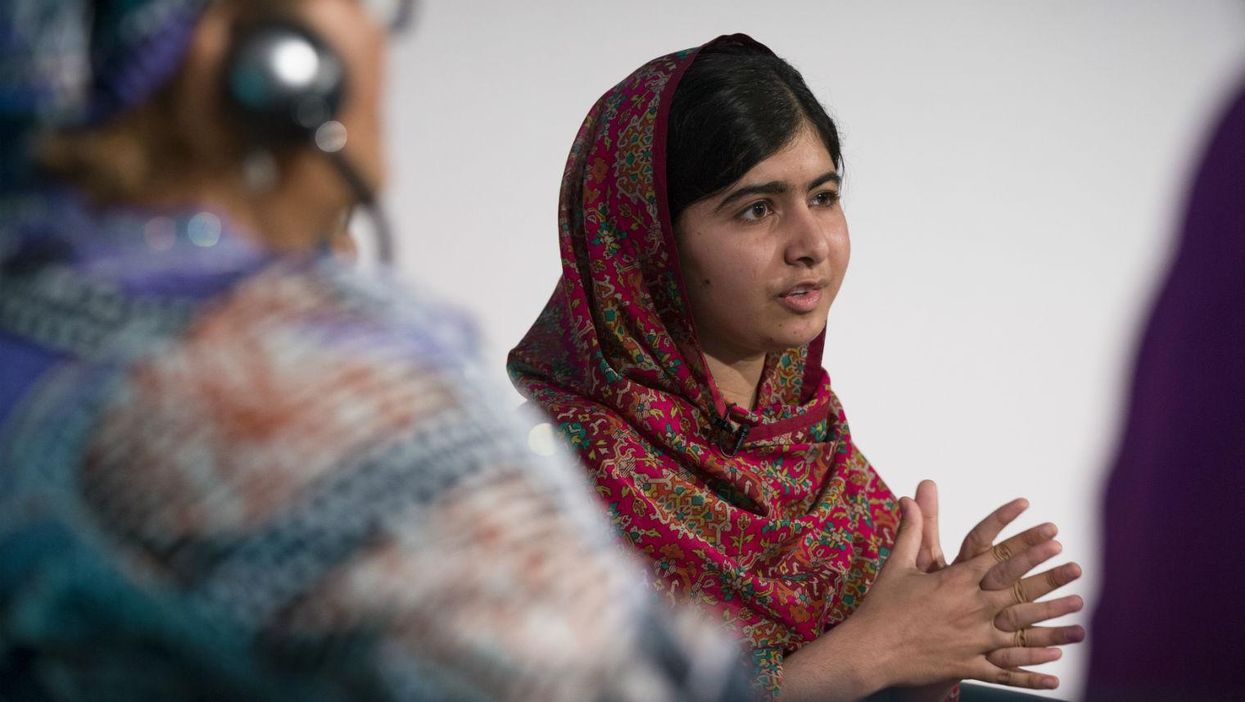Celebrities
Narjas Zatat
Apr 24, 2016

Malala Yousafzai speaks at the UK's first Girl Summit to discuss FGM and forced marriage, 29th August 2014
At least 200 million women and girls have undergone some form of genital mutilation (FGM) worldwide, according to a Unicef report.
In Somalia, 98 per cent of women between the ages of 15 and 49 have been affected by FGM, and while attitudes are slowly changing, many taboos still exist around discussing what life is like for girls after the procedure
Hibo Wardere, author of One woman’s fight against FGM in Britain today was subject to a 'type three' FGM procedure - where her labia was cut and stitched together.
She came to the UK when she was eighteen years old.
Speaking to BBC Radio 4’s Jane Garvey on Women’s Hour, Wardere said she is making it her life's work to talk about the day to day realities of living with FGM to remove the stigmas attached to it.
She described vividly what her body went through right after the procedure:
You realise your wee isn’t coming out the way it used to come. It’s coming out as droplets, and every drop was worse than the one before.
This takes four or five minutes – and in that four or five minutes you’re experiencing horrific pain.
When she arrived in Britain, she spoke to her GP, who referred her to a doctor who performed a procedure called defibulation, in which the labia is opened surgically.
Peeing became slightly easier, but Wardere problems didn’t end there.
Even if the doctor has opened you up, what they’ve left you with is a very tiny space.
Things that were supposed to be expanding have gone. So the hole that you have is very small and sex is very difficult.
You do get pleasures - but it's once in a blue moon.
Wardere also spoke of the mental trauma:
First you have a psychological block because the only thing you associate with that part of you is pain.
The other part is the trauma you experienced. So anything that’s happening down there, you never see it as a good thing.
The NHS also cites chronic vaginal and pelvic infections, kidney impairment, possible infertility, cysts and depression as long term consequences of FGM.
Although the practice has been illegal in the UK for over thirty years, over 1,700 victims of FGM have been referred to specialist clinics in the last two years - and only one case, which collapsed, has ever been prosecuted.
More: The countries where it's worst to grow up as a girl
More: A shocking percentage of the world's women were once child brides
Top 100
The Conversation (0)












